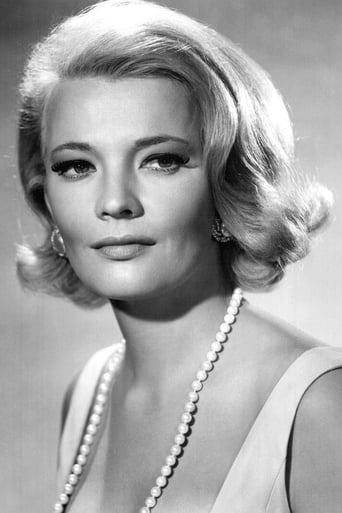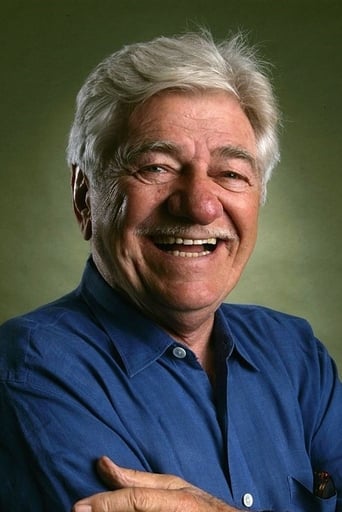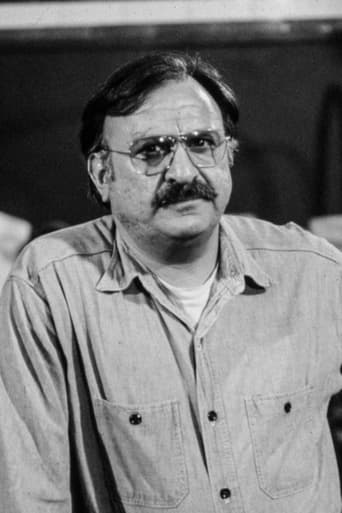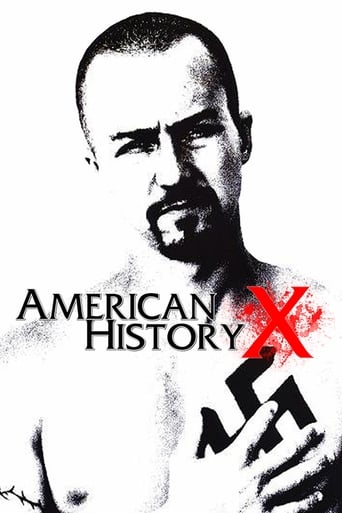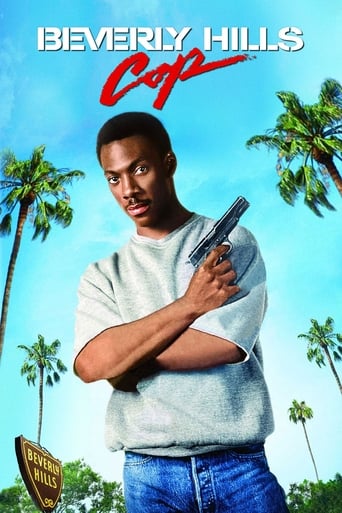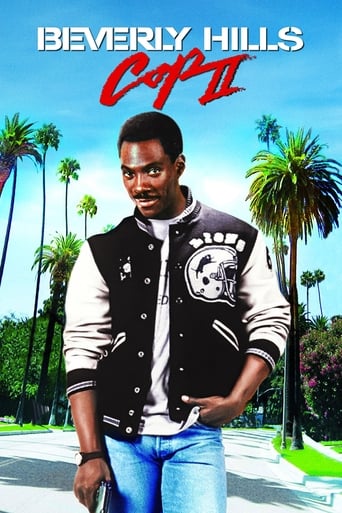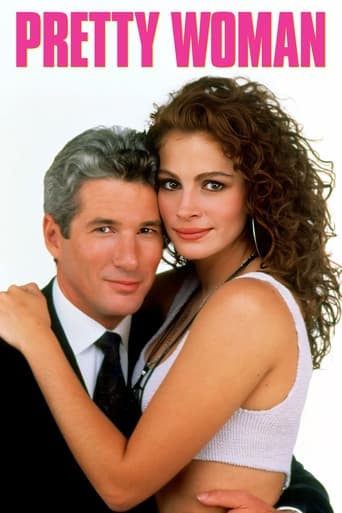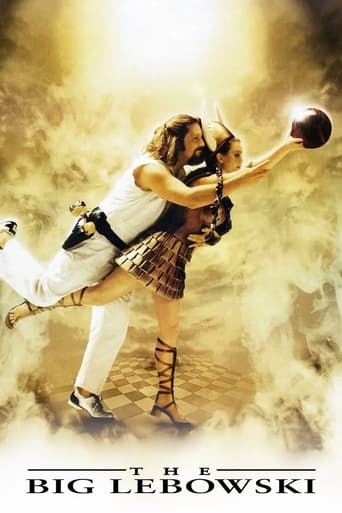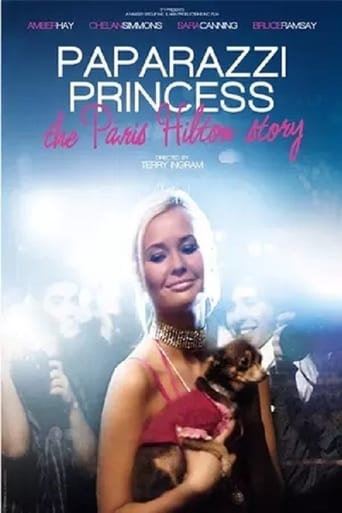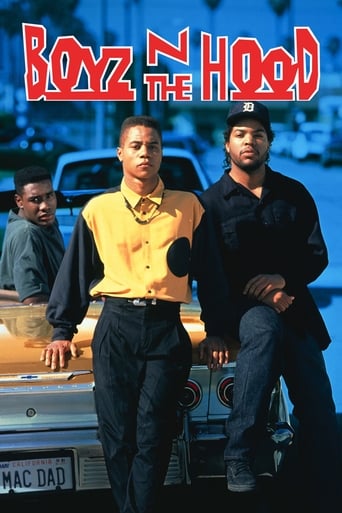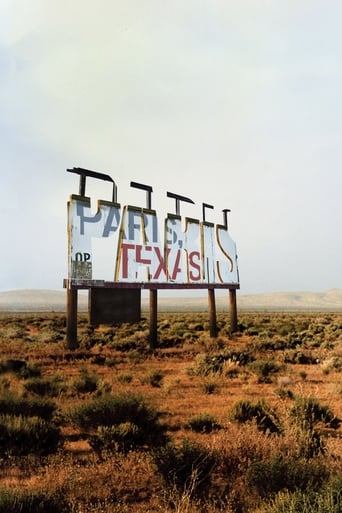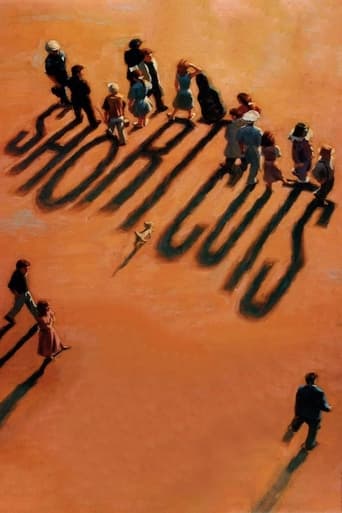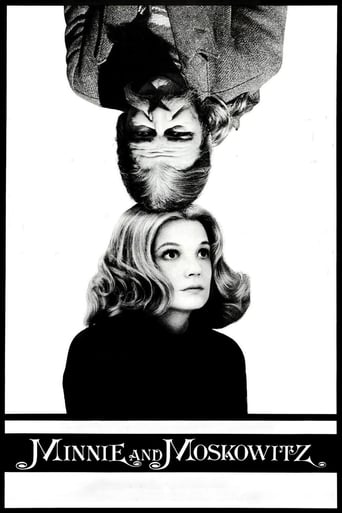
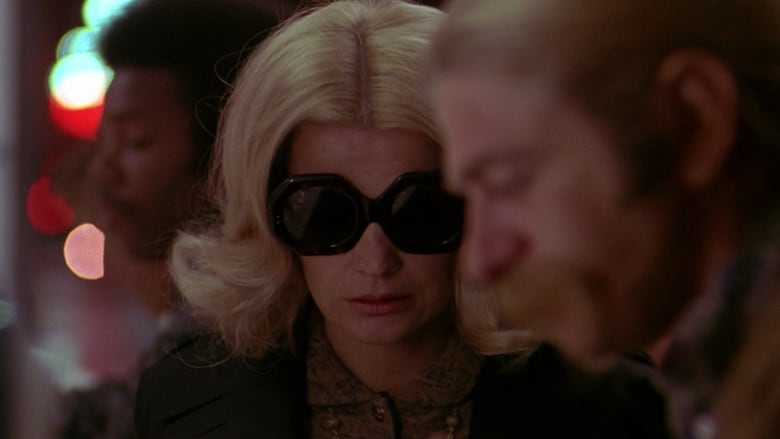
Minnie and Moskowitz (1971)
Depressed and jaded after being dumped by her married boyfriend, aging beauty Minnie Moore wonders if she'll ever find love. After shaggy-haired parking lot attendant Seymour Moskowitz comes to her defense from an angry and rebuffed blind date, he falls hopelessly in love with her despite their myriad differences. Minnie reluctantly agrees to a date with Moskowitz, and, slowly but surely, an unlikely romance blossoms between the two.
Watch Trailer
Cast


Similar titles
Reviews
The film begins by introducing our hero, Seymour Moskowitz. Except he isn't a hero; he's just a regular everyday guy with his own distinct personality and his fair share of flaws. He's neither likable nor unlikable, but we still feel compelled to watch his story unfold.Seymour is a professional valet and the way that director John Cassavetes is introduces him is so brilliant that I was immediately and overwhelmingly drawn in. But it's also so subtle that you could easily miss it if you're distracted while watching this movie.Minnie and Moskowitz is unlike many of Cassavetes' other films in that it's more of a comedy. But it's funny in the way that real life is often funny. Everything that happens in the film and every line of dialogue is totally believable. That's what makes it so great, as so many other comedies fail to adequately capture real life and often don't even attempt to do so.And overall, this one still has that same old wonderful Cassavetes feel to it, which is indelibly infused in everything the guy made, from comedies like Husbands to crime thrillers like The Killing of a Chinese Bookie. And it has some great music in it that suits the on-screen images exceedingly well.Much of the film consists of one long conversation after another, often between just two people and often across a table. But the conversations are not boring or rambling or pointless. They're interesting and funny and eye-opening and they're always different. A couple of times we get close to the point where it feels like conversations are about to start going on a bit too long, but they're just so humorous and intriguing that we never actually reach that point. We never want them to stop.We meet several funny characters in this film, of a type which in another film might feel forced for comedic effect, but here they always feel real and therefore always fit perfectly into the story.While the story being told in this film—about a man and a woman meeting and falling in love—is nothing new, the way it's told is fresh and original. The structure and style are fun and perfect and so realistic that it's difficult not to enjoy every minute of it. And the love between the two characters is not perfect and not absolute, just like in real life. You really get to see how Cassavetes was totally in control of his film and told the story exactly how he wanted to tell it.The flow of the story is fairly unpredictable, which is one of the things I love about it. The film's biggest letdown—and the only one I can think of—is the acting, which is usually brilliant but sometimes pretty bad. The lead actors both do great but some of the actors in the smaller roles give some pretty unsatisfactory performances. I got the feeling that they only did a few takes of each scene.There is one scene in which Moskowitz fights a man in a parking lot that was cut together in such a way that I got that impression that the filmmakers realized too late that they hadn't shot all the footage that they thought they had. A few people complained about this and called it bad editing, but I found the end product to be a unique and innovative solution. Had things gone differently, the scene would have ended up being fairly forgettable, but instead the filmmakers were forced to be creative and it gave the scene a fun and unique flavor, and the film is better for it.The movie is not too long and not too short. Personally, I would say it has the most perfect pacing of all of Cassavetes' films and I would rank it as his third best, after A Woman Under the Influence and Faces. I recommend it to anyone who likes to laugh or smile occasionally.
Step the third in my journey through Cassavetes..Here, he takes one of the most popular movie formats, the romance. Boy- meets-girl in LA, under the lights. But she is no cool femme fatale, she is fragile, unsure of herself. He is no Bogie himself; as the film starts he is watching The Maltese Falcon in a theater, a scene where Mary Astor throws herself crying on Bogie's feet. Trying to pick up women afterwards, he's chased out of bars, looked at as a weirdo and beaten up in an alley.The idea is that we are not going to see movie people, but real people on the street. That was the ambition anyway, a situation aggravated by Cassavetes' actorly Studio background—as in Husbands, we have constant shouting matches, awkward intrusions, obnoxious pulling and nervousness. He seems to think the room inhabited by these characters won't feel real and lived, unless we have damage on the walls, a Greek sensibility, after all the main story recasts Zorba. So unlike a Bogart film, the actors here don't coolly glide off each other, they cut themselves on each other's edges.The same situation develops here as I described in my comment on Husbands. The edges, the damage are unusually pronounced, by this I mean a situation like when Moskowitz almost runs her over with his truck to get her to go with him takes me out of it. A softer next moment will pull me in again, until the next hysteric one and so on. Which brings me to my main discussion about presence.Moskowitz is the kind of character who can be likable once you get to know him, the sort of bond you form with coworkers that greatly depends on shared time. Minnie is warm when we first see her, but there's a haughty, nervous ghost in her. It is, let's say, a truer to life perception than the immediately charming Bogarts and Stanwycks of old. It requires work to take them in, giving space.That narrative room, that space where characters wreck themselves and things works the same way once you excise the shouty moments, simply wonderful. None of the individual visual moments are cool or typically beautiful. The locales are drab and mundane. The light and textures all natural, the whole is imperfect but breathes. In this, he equals Pasolini, another master of the living eye.So on a moment-by- moment basis, the space is like the characters, intensely present flow to undefined horizon. In a movie like the Maltese Falcon, the narrative horizon is immediately defined (get the bird), and again defined in every scene (get out of there, rough someone up, etc.) so we are at all times comfortably tethered, enjoying the play. What Cassavetes does matters in the long run in the sculpting of the overall effect, it doesn't leap to attention.Like Husbands, this slowly starts to work for me once I have a narrative shift that faintly, very faintly defines a certain horizon in the story—here marriage. Cassavetes is work, because this happens so late in the movie, the bulk of it is like staring at a blank page waiting for inspiration, or waiting for musicians to tune their instruments. Here, that shift happens about 9/10ths in the film, and then we're through that and a new horizon opens, the closing shots of family life and then it's over.So it starts to work late but extends for me to long after it's over, it's one of the most haunting effects I know, transcendentally marvelous; more on that in the next comment on Woman.
I would recommend this for anyone who is an admirer of the late John Cassavetes. And for those who have never known of Cassavetes. It is an excellent film. I really don't have the time to go into the details of why this is my opinion, but if you're looking for something gutsy, with lots of scenes to mull over, then this one is for you. The cinematography is perhaps one of the most interesting aspects of the film, as well as the story itself. This "review" does not do the film justice. It is an experience one must view for themselves. LOTS OF CHARACTER. VERY GENUINE.
Possibly John Cassavetes best film to date, and definitely his funniest. Seymour Cassel plays the young Moskowitz smitten with real-life wife of Cassavetes, Gena Rowlands, excellent as usual. A must see gem of a film, if you can locate it.


